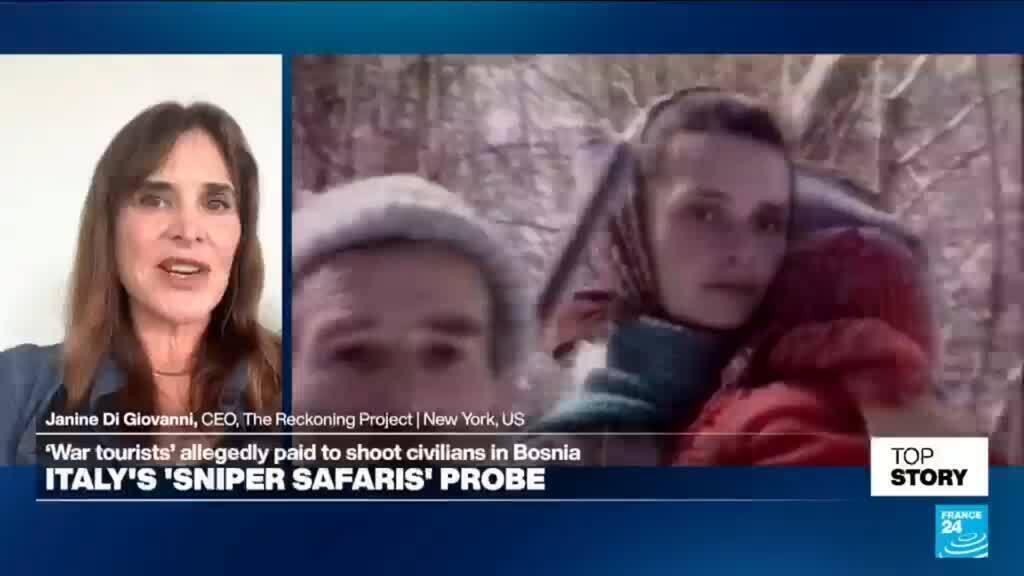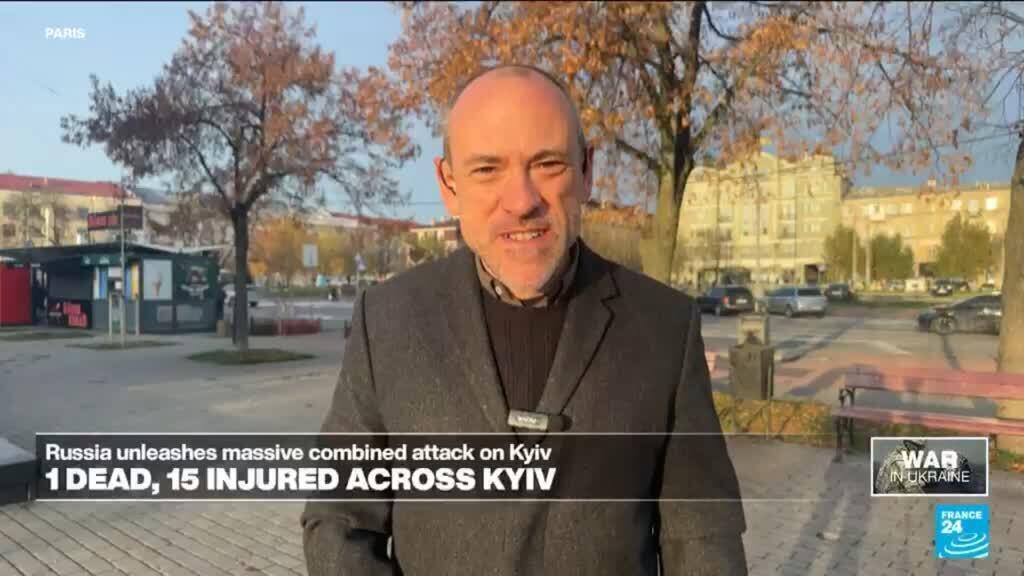Investigation into "Sniper Safaris" in Wartime Sarajevo
Milan prosecutors have commenced an investigation into allegations surrounding "sniper safaris" that reportedly occurred in Sarajevo during the brutal Bosnia War of the early to mid-1990s. This inquiry was triggered by a formal criminal complaint submitted by Ezio Gavazzeni, a writer from Milan. His interest in the subject matter was sparked by accounts he encountered in the Italian press during the 1990s, coupled with the disturbing revelations he absorbed after watching a haunting 2022 documentary. This film highlighted the activities of affluent Italians and other wealthy westerners who supposedly traveled to Sarajevo, financially compensating the Serbian army for the opportunity to hunt civilians, regardless of age, as a form of sport.
The term "sniper safari" refers to the practice of targeting individuals in war zones from afar, which has long been a subject of ethical and moral outrage. Gavazzeni's findings have underscored a chilling facet of the Bosnia War, a conflict characterized by extreme violence, ethnic cleansing, and widespread humanitarian crises. His research allegedly involved gathering evidence from various sources, focusing on the dark interplay of wealth, power, and violence during this tumultuous period in Bosnian history.
As part of the investigation, the prosecutors aim to uncover the extent of these alleged sniper safaris and the individuals involved. Gavazzeni's commitment to shedding light on this issue reflects a broader societal concern regarding accountability and justice for war crimes. In the past, such acts may have been overlooked or downplayed; however, increasing awareness and changing social attitudes are pushing these dark chapters of history into the light.
The allegations have drawn the attention of key figures, including Janine di Giovanni, a seasoned wartime reporter and the Executive Director of The Reckoning Project. Di Giovanni, a Senior Fellow at the Yale University Jackson School of Global Affairs and a Guggenheim Fellow, brings a unique perspective to the ongoing discourse surrounding the Bosnia War. Her extensive reporting from war zones, particularly during the siege of Sarajevo, provides her with an informed lens through which to analyze these allegations and their implications for accountability in post-conflict societies.
The investigation resonates deeply within the context of international law, human rights, and the moral responsibilities of individuals in times of war. The prospect of wealthy foreign nationals engaging in such activities, while simultaneously profiting from the pain of others, raises significant ethical questions. As Gavazzeni delves into the historical narratives and contemporary implications of these actions, it prompts a broader reflection on the role of wealth and privilege in contexts of conflict and suffering.
In recent years, efforts to address wartime accountability have gained momentum, challenging impunity for those who commit atrocities. The ongoing investigation in Milan may lead to further inquiries beyond Italy, potentially exposing a network of complicity among foreign nationals and institutions. As the international community grapples with the legacy of war crimes, particularly in the former Yugoslavia, it becomes crucial to recognize and confront the dark undercurrents of privilege that can perpetuate violence and exploitation.
In summary, the Milan prosecutors' investigation into the alleged sniper safaris in Sarajevo serves as a significant moment in the ongoing quest for justice and accountability for wartime atrocities. Through the testimony of individuals like Ezio Gavazzeni and the insights of experienced reporters like Janine di Giovanni, there is a renewed push to ensure that the actions of the past are not forgotten and that those responsible are held accountable.












